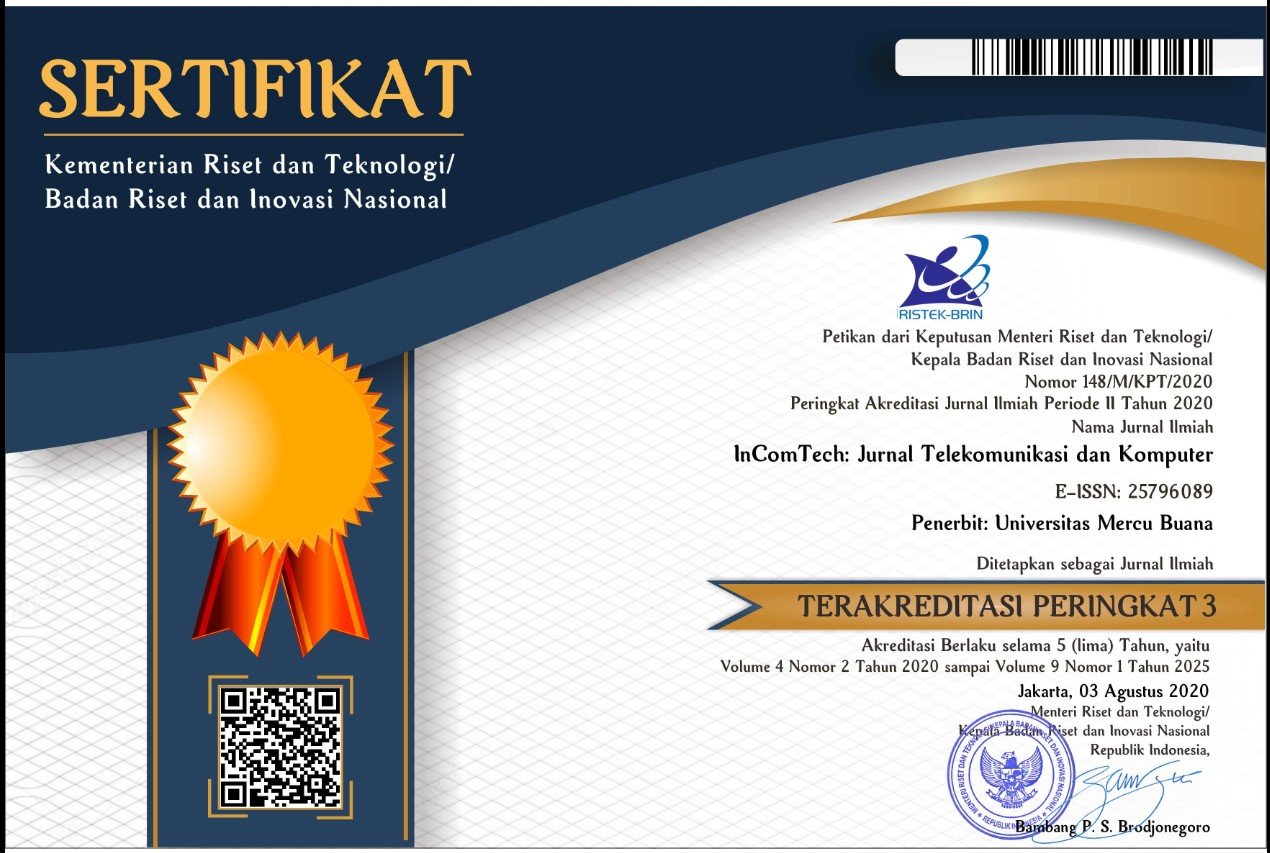Financial Literacy and Demographic Effect on Investor Investment Decisions
Abstract
This research seeks to determine the impact of financial literacy, age, income, and ethnicity on overconfidence and investment decisions in three major cities in Indonesia. This study employs quantitative research techniques of the associative variety. This study's participants resided in three major cities in Indonesia and had invested in equities. One hundred investors in Jakarta, Bandung, and Surabaya were selected as sample respondents using a technique of purposive sampling, yielding a sample size of 100. The respondent is at least 20 years old and has invested in equities for at least a year on the capital market. Results indicated that financial literacy, income, and semester had a positive effect on overconfidence, whereas age and ethnicity did not. Age, income, and ethnicity have no positive effect on investment decisions, whereas financial literacy does. Investment decisions are positively affected by overconfidence.
Keywords
Full Text:
PDFReferences
Atmaningrum, S., Kanto, D. S., & Kisman, Z. (2021). Investment decisions: The results of knowledge, income, and self-control. Journal of Economics and Business, 4(1).
Baihaqqy, M. R. I., & Sari, M. (2020). The Correlation between Education Level and Understanding of Financial Literacy and Its Effect on Investment Decisions in Capital Markets. Journal of Education and E-Learning Research, 7(3), 303–313.
Carretta, A., Fiordelisi, F., Schwizer, P., Nicolini, G., Gärling, T., Carlander, A., & Hauff, J. C. (2017). Attitude toward risk and financial literacy in investment planning. Risk Culture in Banking, 307–320.
Chan, T. K. H., Cheung, C. M. K., & Lee, Z. W. Y. (2017). The state of online impulse-buying research: A literature analysis. Information & Management, 54(2), 204–217.
Elias, E. F., & Malini, H. (n.d.). DO RELIGION AFFILIATIONS CONTRIBUTE TO INVESTOR INVESTING DECISION? A STUDY OF INTERPRETIVE PARADIGMS AND ETHNOGRAPHIC METHODS. Tanjungpura International Journal on Dynamics Economics, Social Sciences and Agribusiness (TIJDESSA), 1(1), 66–80.
Fama, E. F. (1991). Efficient capital markets: II. The Journal of Finance, 46(5), 1575–1617.
Fernandes, D., Lynch Jr, J. G., & Netemeyer, R. G. (2014). Financial literacy, financial education, and downstream financial behaviors. Management Science, 60(8), 1861–1883.
Gee, J. P. (1998). What is literacy. Negotiating Academic Literacies: Teaching and Learning across Languages and Cultures, 51–59.
Hamza, N., & Arif, I. (2019). Impact of financial literacy on investment decisions: The mediating effect of big-five personality traits model. Market Forces, 14(1).
Hani, S., Heru, S. S., & Isworo, E. S. (2020). The effect of investment education and investment experience on investment decision with financial knowledge as intervening variable. Russian Journal of Agricultural and Socio-Economic Sciences, 99(3), 143–150.
Hung, A., Parker, A. M., & Yoong, J. (2009). Defining and measuring financial literacy.
Koti, K. (2019). Financial literacy and its impact on the investment decisions of working women. Humanities & Social Sciences Reviews, 7(6), 554–561.
Malini, H., & Nilam, F. B. (2022). Understanding Human Behavior in Wealth and Assets through Ethnographic Analysis (Study Case on Mapping Human Preferences in Reporting Tax). Jurnal Dinamika Akuntansi, 14(1), 89–97.
Malkiel, B. G., & Fama, E. F. (1970). Efficient capital markets: A review of theory and empirical work. The Journal of Finance, 25(2), 383–417.
Mandell, L., & Klein, L. S. (2009). The impact of financial literacy education on subsequent financial behavior. Journal of Financial Counseling and Planning, 20(1).
Oppong, C., Salifu Atchulo, A., Akwaa-Sekyi, E. K., Grant, D. D., & Kpegba, S. A. (2023). Financial literacy, investment and personal financial management nexus: Empirical evidence on private sector employees. Cogent Business & Management, 10(2), 2229106.
Rasyid, R., Linda, M. R., Patrisia, D., Fitra, H., & Susanti, Y. (2018). The effect of the locus of control, financial knowledge and income on investment decisions. First Padang International Conference On Economics Education, Economics, Business and Management, Accounting and Entrepreneurship (PICEEBA 2018), 424–431.
Rochadiani, T. H., Santoso, H., & Dazki, E. (2020). Peningkatan literasi digital pada masa pandemi COVID-19. Jurnal Pengabdian Masyarakat, 1(1), 11–21.
Waheed, H., Ahmed, Z., Saleem, Q., Din, S. M. U., & Ahmed, B. (2020). The mediating role of risk perception in the relationship between financial literacy and investment decision. International Journal of Innovation, Creativity and Change, 14(4), 112–131.
DOI: http://dx.doi.org/10.22441/jdm.v7i1.22355
Refbacks
- There are currently no refbacks.
Copyright (c) 2024 Jurnal Doktor Manajemen (JDM)

This work is licensed under a Creative Commons Attribution-NonCommercial 4.0 International License.
Jurnal Doktor Manajemen (JDM)
Program Doktor Manajemen - Fakultas Ekonomi dan Bisnis
Universitas Mercu Buana
Jl. Raya Meruya Selatan, Kembangan, Jakarta 11650
Tlp./Fax: +62215871335

This work is licensed under a Creative Commons Attribution-NonCommercial 4.0 International License.
View My Stats








